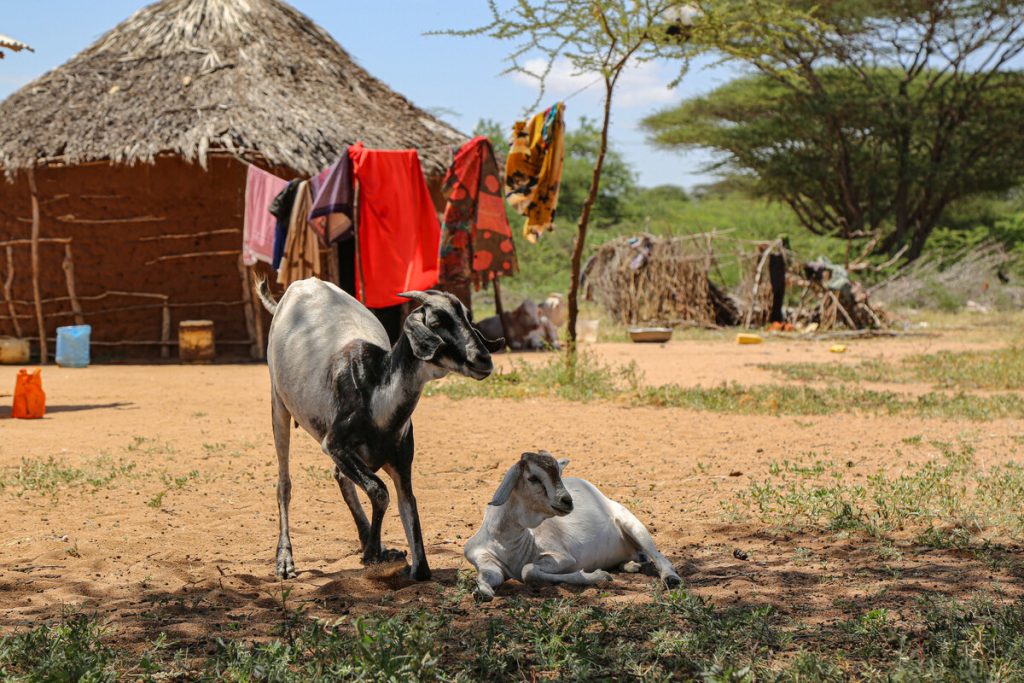As the Intergovernmental Panel on Climate Change (IPCC) releases its hard-hitting report on climate impacts, ActionAid is calling for a global system to support climate-vulnerable countries to rebuild after climate disasters.
Teresa Anderson, Climate Justice Lead for ActionAid International says:
“This report presents a harrowing catalog of the immense suffering that climate change means for billions of people, now and for the decades to come. It’s the most hard-hitting compilation of climate science the world has ever seen. You can’t read it without feeling sick to your stomach.
“A global system that provides support to climate-vulnerable countries to pick up the pieces and rebuild in the aftermath of climate disasters is long overdue. The COP27 climate negotiations in Egypt later this year must finally agree to a funding facility to address loss and damage.
“We know that behind the scenes, the US made attempts to delete references to ‘loss and damage’ from the IPCC text. This shows the Biden administration is not only shutting their eyes to the reality of the climate crisis – they’re trying to blindfold the rest of the world too. They appear to wear a badge of climate leadership while doing all they can to block those most in need from getting help. It’s dishonest and utterly shameful.”
The climate crisis is fuelling one of the worst droughts on record across the Horn of Africa, with up to 13 million people in Ethiopia, Kenya, and Somalia facing severe hunger.
ActionAid’s emergency teams are working with local partners to provide life-saving food relief, water, and livelihood support to build resilience to climate change. But with millions of people still recovering from the devastating drought that hit the region in 2017, a large-scale response is urgently needed to avert a catastrophic food and malnutrition crisis.
Susan Otieno, Executive Director of ActionAid Kenya, says: “The findings of the IPCC report sound like a nightmare, but they are a daily reality for families across Kenya and the Global South.
“We are forced to survive climate impacts everyday: severe drought, water and food crises. More than 1.4 million animals have died due to the current drought. Costing pastoralists their only means of supporting their families. We fear that soon it will be children dying from thirst and hunger.
“These communities, particularly women and girls, are among those on the frontlines of climate change, hit hardest by a crisis they did the least to cause. They have the solutions to building climate resilience through sustainable agroecological farming techniques, that work with nature. But countries like Kenya urgently need support from the wealthiest nations most responsible for our warming world to scale up their ability to adapt and respond to climate disasters.”
Ends.
Notes to editors:
Images showing the devastating impact of drought and severe water shortages on communities in Garissa County, Kenya, can be downloaded for media use here.

